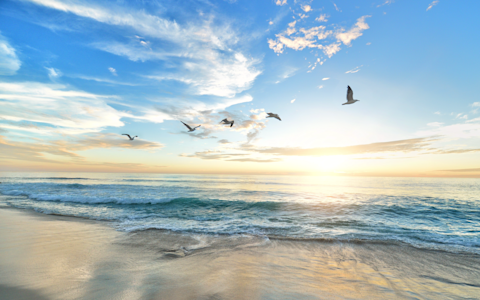Have you ever looked at the ocean and felt a sudden desire to chase the horizon?
Maybe your favorite childhood memories were made during summers by the shore. (Can you still hear the lapping waves? Smell the briny air, taste the salt?)
Do you come alive while swimming, fishing, or rowing? Do you visit the river to feel at home, or escape to the sea to renew your body and soul?
If any of the questions above resonated, you’ve experienced the enrapturing pull of water.
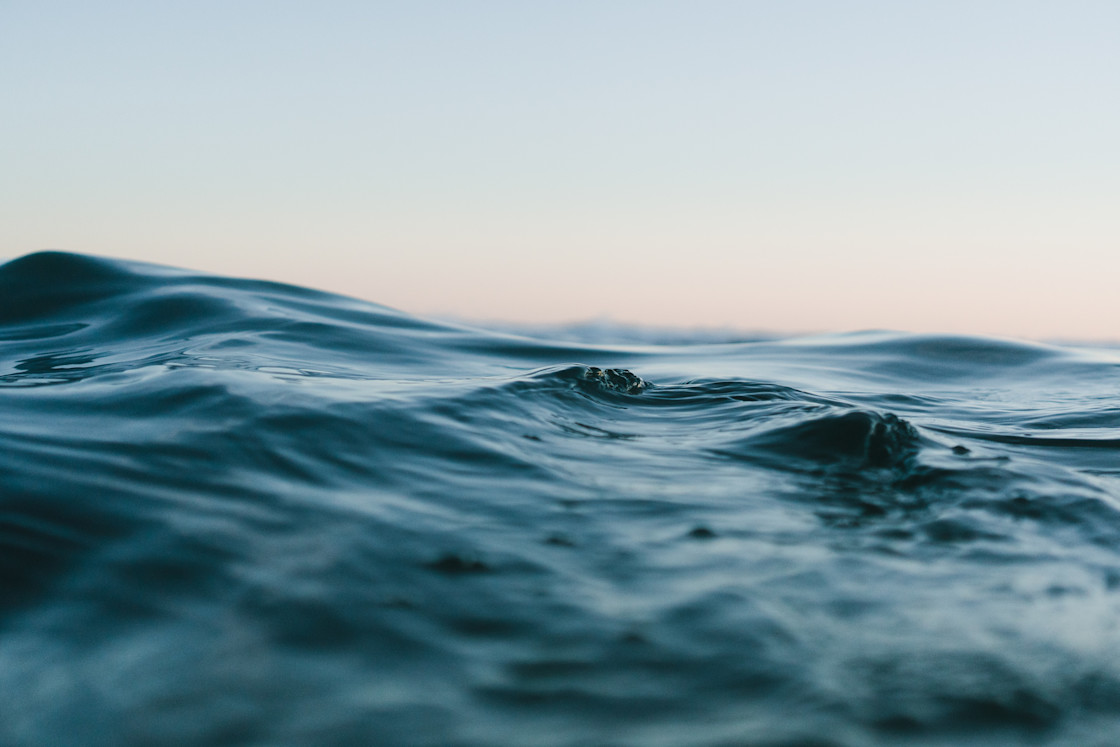
Water covers 71% of the Earth’s surface — only 2.5% of which is freshwater.1 It fills and fuels our bodies.2 But beyond the fact that water makes life possible, water makes life enjoyable. It doesn’t just hydrate our cells or house unknown millions of species throughout our oceans, it inspires and relaxes.
charity: water has spent more than 16 years working alongside local experts to provide clean, safe drinking water to the people who need it most. But we’ve under-celebrated some of water’s other, life-giving qualities.
The wonder of water is impossible to overemphasize and equally challenging to express. The world’s greatest artists, writers, and scientists have attempted to capture its full glory since the first ship set sail for the horizon.
Still, we’ll try our best.
1. Water fuels
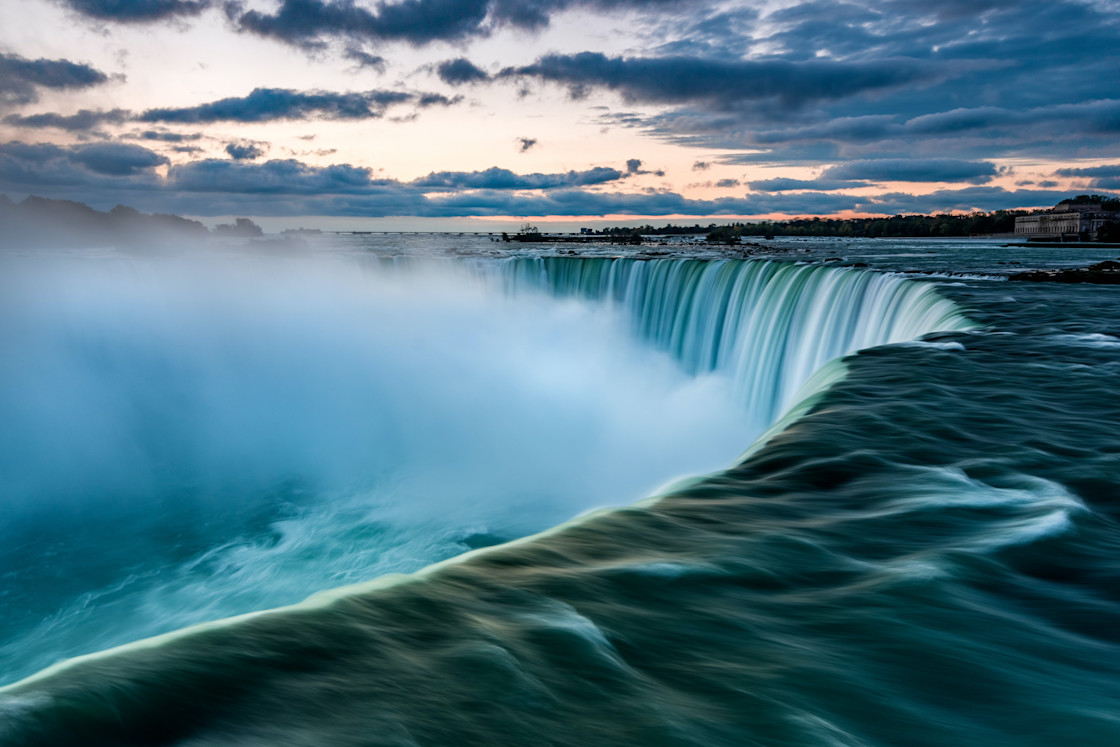
The oceans remain untamed. (Fun — or maybe terrifying — fact. More than 80% of the world’s oceans are unmapped and unexplored. It’s actually impossible to quantify how many species thrive beneath the surface, with scientists estimating that at least 1.4 million marine species call the oceans home.3) Yet, water allows itself to be shaped and subdued for human development.
Hydroelectric power is a renewable source of energy that generates electricity from the movement of water. This technology harnesses the power of water in motion, typically by constructing a dam or a series of dams to create a reservoir of water. As the water flows through the dam, it spins a turbine which in turn drives a generator, producing electricity.
Hydroelectric power is a sustainable energy source that does not emit greenhouse gasses or harmful, airborne pollutants. Additionally, hydroelectric power can provide a consistent supply of energy, as the flow of water can be regulated to meet the demands of the electrical grid.
Despite its positive potential, hydroelectric power poses many environmental challenges, as the construction of dams can disrupt local ecosystems and alter waterways. (Conservationists are specifically concerned with the way hydroelectric plants threaten already-shrinking habitats for endangered species.) Still, hydroelectric power remains a key component of many countries’ energy strategies, and its continued development and innovation may offer new solutions to the world’s growing energy demands.
2. Water inspires
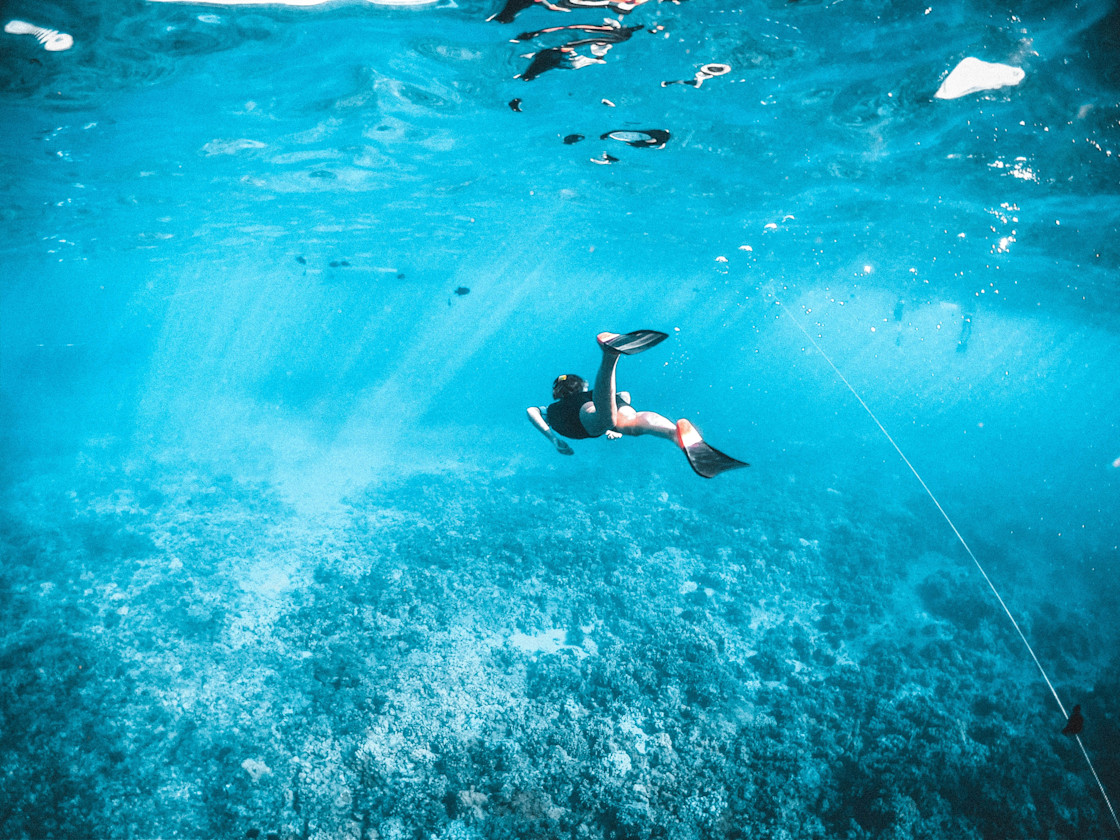
Water reminds us of the power of persistence and adaptation. From the gentle flow of a babbling brook to the crashing waves of an ocean storm, water has an unparalleled ability to elicit feelings of peace, tranquility, and awe. Its mesmerizing qualities have long been a source of inspiration, with many viewing water as a metaphor for everything from love and passion to the passage of time and the cycle of life. Water is chaos and order coexisting as one: the most powerful force on our planet organized into neat collections of hydrogen and oxygen. The strength of a tsunami in the simplicity of a cell.
No wonder it’s evoked some of the most beautiful songs, sonnets, and paintings throughout human history. Like this excerpt from “The Graveyard by the Sea” by French poet Paul Valéry,
The manifold diamond of the elusive foam!
What peace I feel begotten at that source!
When sunlight rests upon a profound sea,
Time's air is sparkling, dream is certainty —
Pure artifice both of an eternal Cause.
3. Water restores
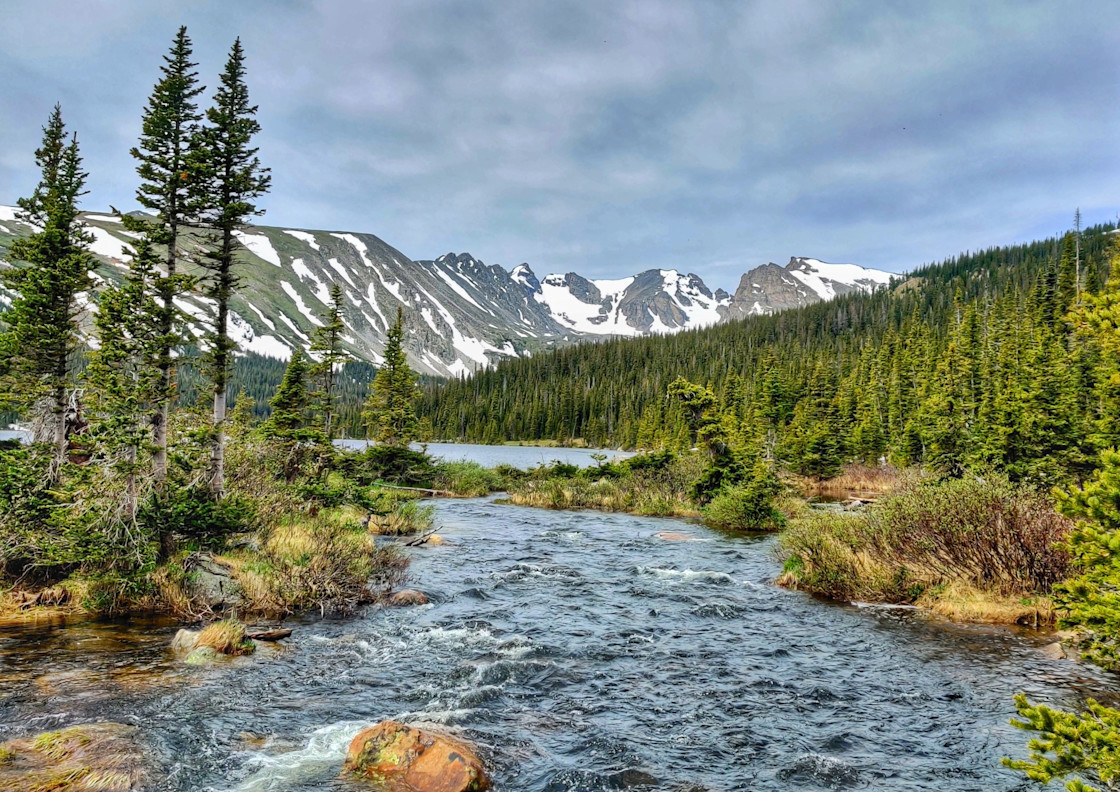
Water has been recognized throughout history for its therapeutic benefits. Water can have a calming effect on the mind and body, reducing stress and anxiety levels.4 Hydrotherapy has been used to treat a range of physical and mental health conditions, including arthritis, fibromyalgia, and depression.
Swimming, in particular, is known for its ability to improve cardiovascular health, increase muscle strength, and improve mood. The sound of water has been found to have a calming effect on the mind, promoting relaxation and sleep. Hobbies like surfing, kayaking, and paddleboarding provide a sense of adventure and connection to nature which can be rejuvenating and restorative.
Proximity to water during mundane, daily activities like washing dishes or showering even promotes unexpected bursts of clarity and creativity.5 This phenomenon, aptly referred to as the “shower principle”, occurs when the sound of rushing water — combined with a seemingly mindless, repetitive task — lulls our brains into a state of enhanced problem-solving.
It can’t be denied: there’s just something about water.
Something simultaneously wild and welcoming, foreign and familiar.
Water beckons with a much-needed invitation to escape from the burdens of everyday life. The sea reminds us there’s more to be explored and that adventures await. Water’s scale reminds us that our lives are small and short — especially compared to the ancient wisdom of a lake, river, or ocean — but that it’s okay. Our mistakes and disappointments will someday be washed away by history, but the sea remains. Water reminds us to have compassion for ourselves and others: to treat our bodies kindly and gently. It calls us to rediscover ourselves in its embrace, weightless within a heavy world.
From the icy Pacific coastlines to the warm Caribbean sea, to remote alpine lakes, to the rivers enlivening the land like blue veins, water has something to offer each of us.
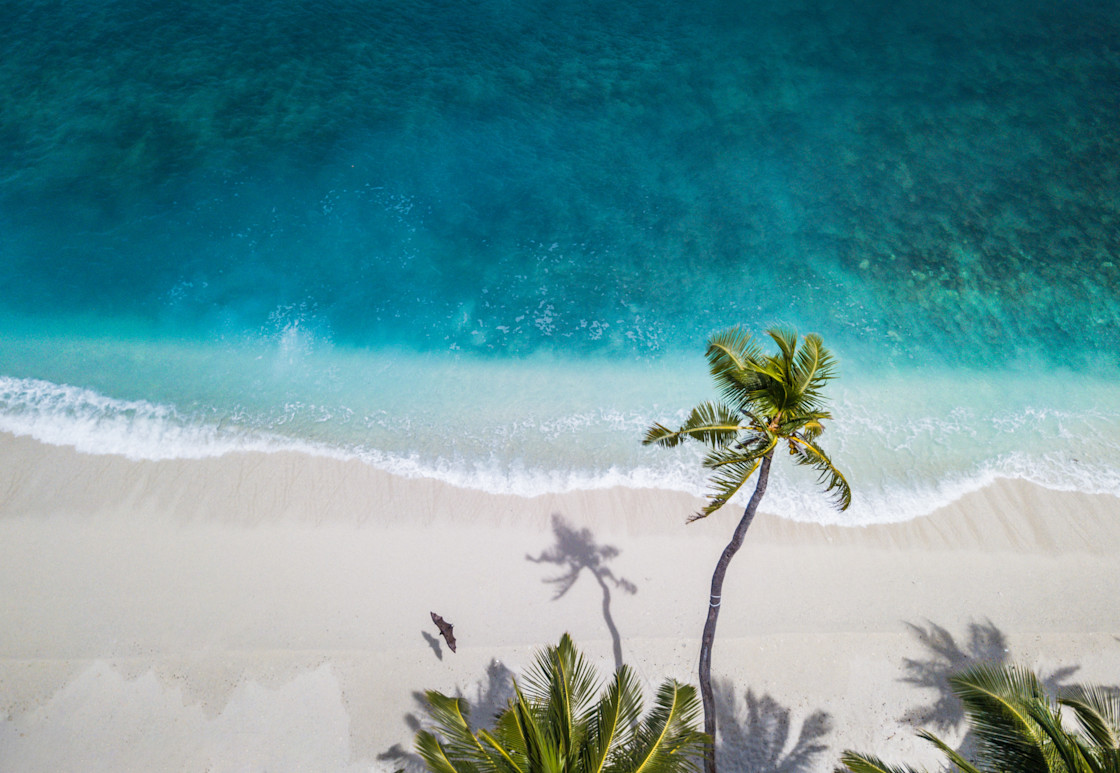
Still, there’s another reality to water. One we’d rather forget, but can’t escape: Water also hurts.
Right now, around 703 million people are drinking dirty water. They’re carrying dead plants, parasites, and even fecal waste home after a long and grueling walk. They’re serving sickness to their families — to vulnerable children and the elderly — because they don’t have any other choice.
But you do. We do.
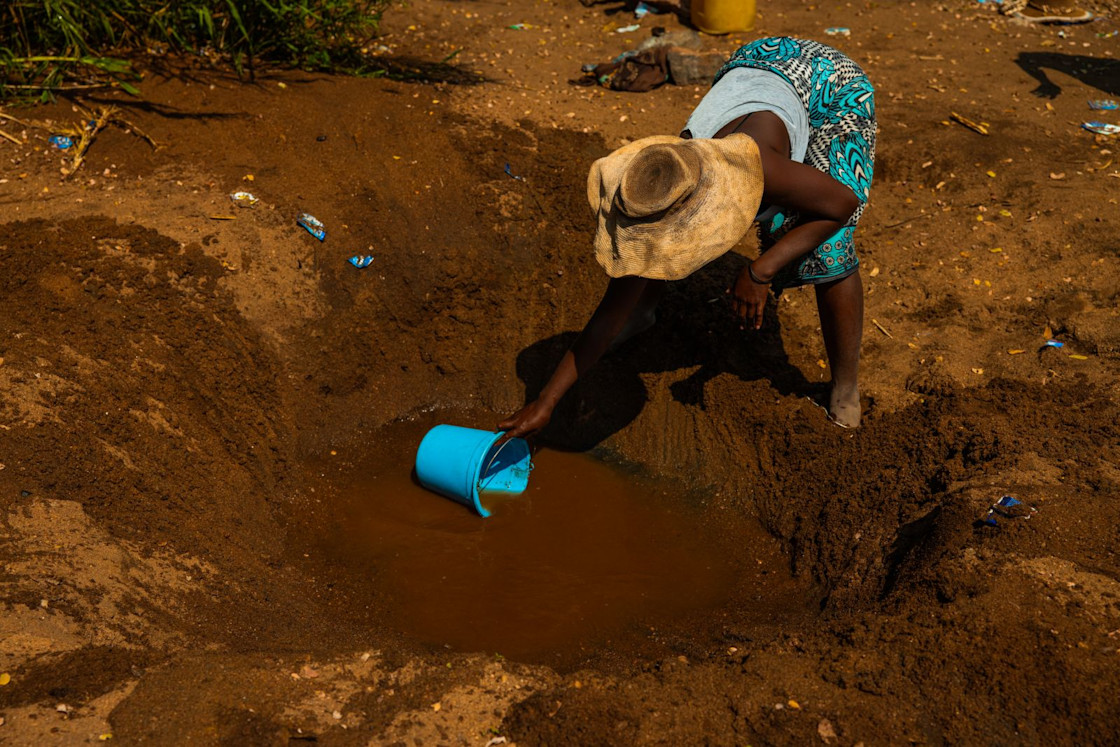
Since 2006, we’ve been working to end the global water crisis, once and for all. For mothers and daughters like Maya Devi and Sarmila in Nepal, whose dreams began when the walk for water ended. For great-grandmothers like Akot, who are practicing safe sanitation for the first time in their lives and teaching their communities to do the same. For children like Sophie, who deserve to study uninterrupted by a mid-class, mile-long walk to the nearest water source for a drink.
We’re following the example of our local partners, who serve with uncommon courage and are overflowing with love for rural communities. We’re guided by our belief that reliable access to clean, safe drinking water is a universal human right. And we’re working toward the day when every person on the planet is drinking clean water.

The day when water will only ever be known for what it gives, and not what it takes.
How it heals, and not how it hurts.
The day when everyone is able to experience the wonder of water.
Right now, 703 million people are waiting for clean water. In the meantime, they’re working with intense focus and radical hope toward dirty water’s last day. You can help end their wait for water. Join The Spring, our monthly giving community, to work with us toward an end to the global water crisis every single month. It only costs $40 to bring one person lifesaving access to clean water, but you can join for just $5/month.
Join The Spring
